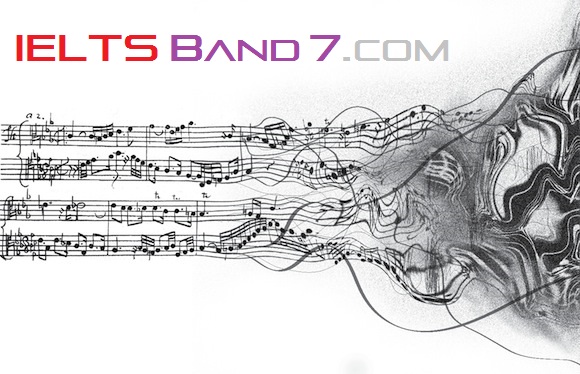Punctuation # Grammar For IELTS
Punctuation often neglected are the most important part of writing task in IELTS. It is very important that you have the punctuation marked correctly.
Punctuation means to use the points and stops in writing correctly. The principal stops are-:
- Full stop (.)
- Comma (,)
- Semicolon (;)
- Colon (:)
- Question mark (?)
- Exclamation mark (!)
There are some other marks as well, that are commonly used.
- Dash (-)
- Parentheses ()
- Inverted commas or quotation marks (‘ ’)
- FULL STOP
-
Full stop represent the longest pause.
-
It marks the end of an imperative or declarative sentence.
For example-: Bombay is a big city. -
It is used after abbreviations and initials.
For example-: M.A , Mr. A.S. Rathore
However, in modern English, they are often omitted.
-
It marks the end of an imperative or declarative sentence.
- COMMA
-
Comma represents the shortest pause. It is used in various cases.
-
It is used to separate a series of words of the same construction.
For example-: It was long, exciting and lovely day.
I bought a pen, paper, pencil and sharpener from him.
NOTE-: comma is not used before the word and. -
It is used to separate words connected by and.
For instance-: pen and paper, high and low, rich and poor, are all in your mind. -
Comma is not used after a nominative absolute.
For example-: This done, she came back to house.
The weather being favorable, Alexander sailed further. -
Comma is used to mark off a noun or phrase in apposition ( the use of noun phrase immediately after another noun phrase that refers to the same person or thing).
For example-: Mahatma Gandhi, the father of nation, died soon after independence.
Milton, the great English poet, was blind. -
Comma is also used to mark off words used in addressing people. For example-:
How are you, Anmol?
Come in the room, Paris. -
Comma is used to separate an adverbial clause from its parent clause.
For example-: when she was the president, she made sure that everything in office is in order.
Although this comma is omitted if the principal clause comes first.
For example-: she made sure that everything is in order when she was the president. -
They are often used to mark off the direct quotation from the rest of the sentence.
For example-: “I want the work done”, said the teacher. -
Comma is used to avoid repetition of words.
For example-: Anmol is a kumaoni; Arthur, a Christian. -
Comma is used to separate short coordinate clauses of a compound sentence.
For example-: I came, I saw, I conquered.
-
It is used to separate a series of words of the same construction.

